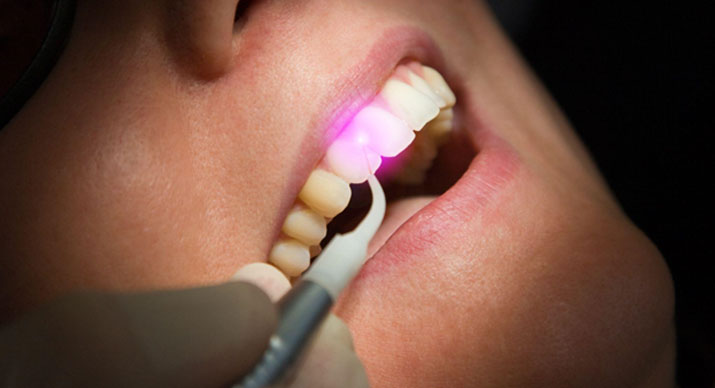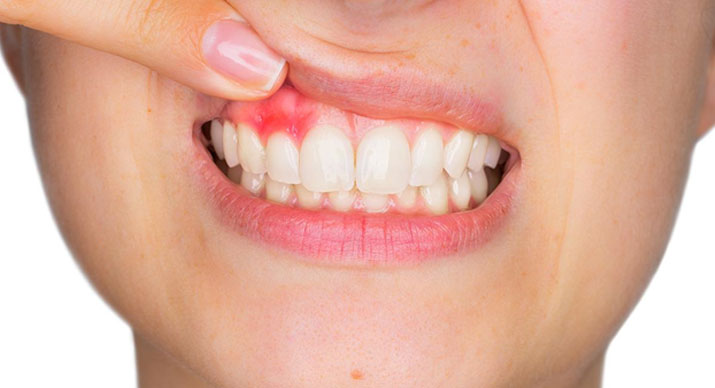Symptoms For Gum Disease
- Red, swollen gums: Inflammation in the gums may cause redness and swelling.
- Bleeding gums: Gums may bleed easily during brushing or flossing.
- Bad breath: Persistent bad breath, even after brushing, can be a sign of gum disease.
- Receding gums: Gums may start to pull away from the teeth, exposing more of the tooth or its root.
- Tender or painful gums: Gums may feel sore or sensitive.
- Loose teeth: As the disease progresses, teeth may become loose or shift in position.
- Pus between gums and teeth: Pus or discharge may be present, indicating an infection.
- Changes in bite or fit of dentures: Gum disease can affect how teeth come together when biting or how dentures fit.

How to treat gum disease?
Brush and floss daily, visit the dentist regularly, use antibacterial mouthwash, and ensure fillings are properly fitted and maintained.
Benefits of Treating Gum Disease with Fillings
- Prevents Further Damage: By closing gum pockets, fillings prevent bacteria from causing additional harm.
- Restores Oral Health: This treatment helps restore healthy gums and supports the overall stability of the teeth.
- Minimally Invasive: The use of fillings in treating gum disease is less invasive than surgical options.
- Improves Aesthetics: Composite fillings blend with the natural tooth color, ensuring a pleasing appearance.
Conclusion
Gum disease is a significant oral health issue that requires timely intervention. The best dentists in Perungudi offer innovative treatments, including the use of fillings, to effectively manage and treat gum disease. By understanding the procedure, benefits, and care involved, patients can make informed decisions to maintain their oral health.

